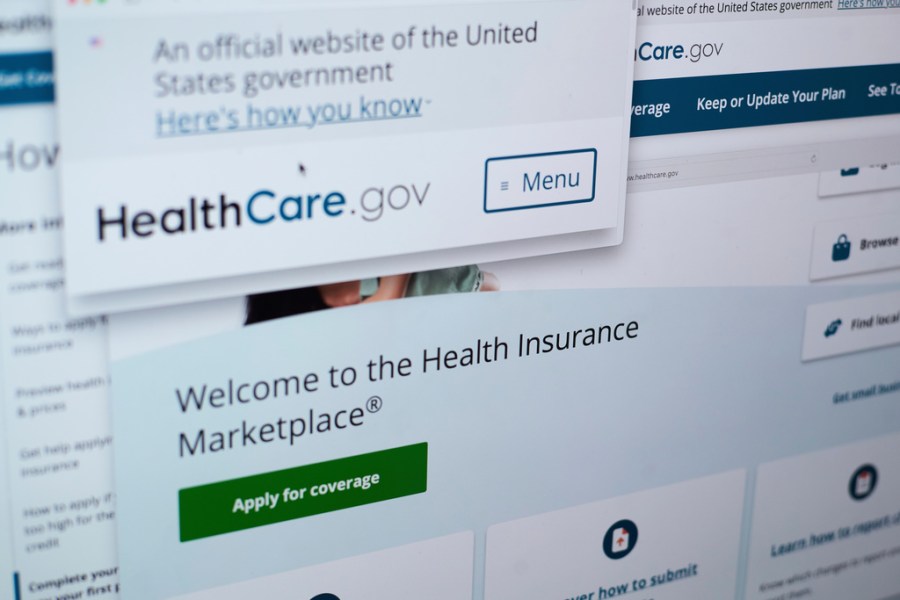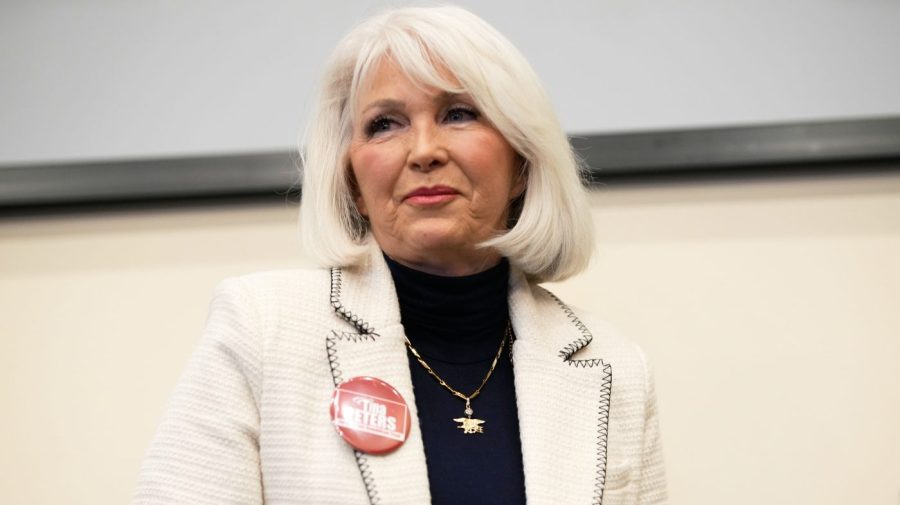
Eight members of the Senate Democratic Caucus voted on sunday To move forward on the continuing resolution passed by the House in the evening, taking a major step towards ending the 40-day shutdown.
The Senate voted 60-40 to advance the House bill, which would serve as the legislative vehicle for a bipartisan deal to fund military construction, the Department of Veterans Affairs, the Agriculture Department and the legislative branch through Sept. 30 and the rest of the government through Jan. 30.
This sets the stage for the House to return to Washington later this week to vote on the bill in hopes of getting it to President Trump’s desk for signature.
Here are the Democrats who voted to break the impasse in the Senate:
Senator John Fetterman (D-Pa.)
Fetterman has been the most vocal critic of the Senate Democratic leadership’s strategy of blocking a clean, House-passed continuing resolution to fund the government in an effort to get Republicans to agree to an extension of increased health insurance premiums.
Fetterman has argued for weeks that Democrats have no real advantage in the government funding fight, even though he supports Democratic leadership’s desire to increase insurance subsidies under the Affordable Care Act (ACA).
The newcomer from Pennsylvania expressed particular concern about the approximately 42 million Americans who are at risk of going hungry due to the expiration of Supplemental Nutrition Assistance Program (SNAP) benefits.
Senator Angus King (I-Maine)
King is an independent who sides with the Democrats and supports raising health insurance premiums, but he expressed his concern at the beginning of the shutdown that failing to fund the government would give Trump too much power.
King said last month, “As serious as the health insurance crisis is, I believe the shutdown and the additional powers given to Donald Trump and his minions, the greater the risk. The greatest challenge facing our country is a rapid slide toward authoritarianism.”
Senator Catherine Cortez Masto (D-Nev.)
Cortez Masto voted for the House-passed bill to fund the government in late September and has consistently voted to reopen the government since the shutdown more than five weeks ago.
“I cannot support an expensive shutdown that will harm Nevada families and hand even more power to this reckless administration,” she said when voting to avoid a shutdown on September 30.
He warned that a government shutdown would force thousands of Nevada military personnel, union members, law enforcement agents and military nurses to work without pay.
He also said the shutdown would cause the country’s travel and tourism economy to lose $1 billion in revenue per week.
Senator Jackie Rosen (D-Nev.)
Rosen has talked tough to Republicans throughout the shutdown to address what Democrats call a “crisis” of rising health care premiums.
He hailed Senate Majority Leader John Thune (R-S.D.)’s promise to vote in December on a bill to extend generous subsidies under the Affordable Care Act as a significant concession.
She said Sunday, “The only concession we have been able to get to get closer to expanding the Affordable Care Act tax credits is a vote on the bill crafted and negotiated by Senate Democrats. Let me be clear: I will fight like hell to make sure we force Republicans to do this.”
Senator Dick Durbin (D-Ill.)
Durbin, the Senate Democratic whip and No. 2-ranking member of the Senate Democratic leadership, expressed his concern over the impact of the shutdown on federal workers last month, when the American Federation of Government Employees called on Democrats to pass a clean continuing resolution.
He said on 27 October that the union’s statement had “considerable impact”.
Durbin on Sunday cited the stress of federal employees who have had to work without pay for more than a month.
He said in a statement, “For 40 days – the longest shutdown in American history – federal employees went without pay. This includes our air traffic controllers, whose towers were already understaffed. They continued to work six days, 10 hours a week, to keep our airspace safe, with this added stress on a life-saving job.”
He does not plan to run for re-election in 2026.
Senator Jeanne Shaheen (R-N.H.)
Shaheen, a senior member of the Senate Appropriations Committee, played a leading role in negotiating the agreement to reopen the government.
Shaheen teamed up with King to assemble a large group of 12 Democrats to negotiate an off-ramp to the shutdown.
He advocated for a compromise with Thune to hold a vote next month on extending the increased health insurance premium subsidies.
“This agreement gives Democrats control of the Senate floor – at a time when Republicans control every level of power – to deliver on one of our top legislative priorities: expanding the Advanced Premium Tax Credit to make health care more affordable for millions of Americans,” he said in a statement.
Senator Maggie Hassan (D-N.H.)
Hassan worked closely with his home-state colleague Shaheen in recent weeks to reopen the government and he hopes there will be “serious, bipartisan negotiations to extend the Affordable Care Act’s expiring tax cuts for health insurance.”
“At a time when families desperately need relief, Washington’s dysfunction is making life harder for families,” he said.
He said he has heard “from families” in New Hampshire about the deep pain caused by the government shutdown.
He said the Senate deal would fund SNAP benefits through Sept. 30 and ensure law enforcement personnel, air traffic controllers and other federal employees get paid.
Tim Kaine (D-Va.)
Kaine represents more than 140,000 federal employees in Virginia and focused on getting language into the Senate deal to ensure that federal employees who were furloughed during the shutdown receive back pay and that the more than 4,000 federal employees whom the Trump administration attempted to lay off through reductions in force (RIF) are retained.
Kaine said he wanted to end the Trump administration’s “mischief” during the shutdown and have the government funded by a short-term continuing resolution during this period.
They secured language in the deal to ensure that the Trump administration could not attempt any additional RIFs during the duration of the new draft stopgap spending measure, which would run until January 30.
“This legislation will protect federal employees from baseless termination, reinstate those who have been wrongfully terminated during the shutdown, and ensure federal employees receive back pay, as required by the law I passed in 2019,” he said in a statement. “This is an important step forward that will help federal employees and all Americans who rely on government services.”












